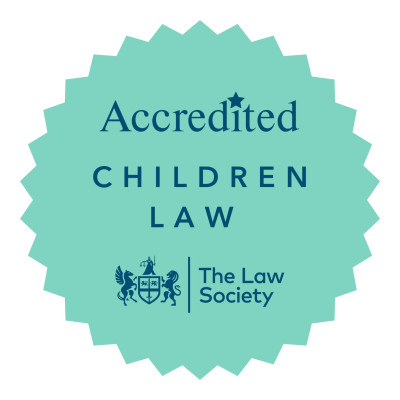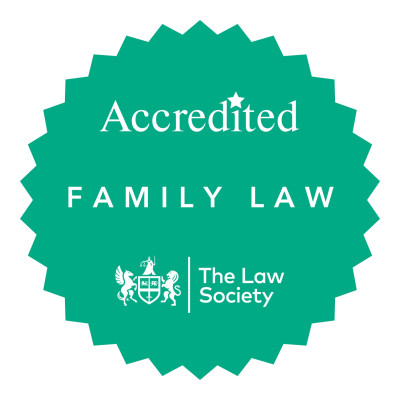CLOSE SEARCH

Our specialist family finance team provides strategic advice on all aspects of divorce financial settlements.
We assess your financial position comprehensively to develop robust negotiation strategies focused on your long-term financial security and have clear fee structures to manage costs effectively.
With a team of specialist family lawyers, we can advise and represent you in all aspects of financial issues arising on divorce, including :-
Financial Settlements including negotiation strategy
Full financial disclosure management including suspected hidden assets investigation and applications.
Advising whether a clean break is possible, whether maintenance is needed and where appropriate, Mesher or Martin Orders might be relevant.
Property division strategies including pension sharing arrangements and business assets on divorce.
High-net-worth divorces and inherited wealth.
Court Proceedings including financial remedy applications and expert witness choice and coordination.
Mediation support.
Enforcement proceedings.
The position with new relationships or remarriage.
You can start financial proceedings before the divorce is final in England and Wales. The court can process a financial settlement alongside the divorce, but the final financial order cannot be implemented until after the "final order" (formerly decree absolute) is granted.
Starting financial discussions early is often advisable to prevent delays, though some prefer waiting until emotional tensions reduce.
Divorcing couples can reach financial settlements through court proceedings (Financial Remedy Order), mediation leading to a consent order and/or direct negotiation with solicitors resulting in a consent order.
Even where a settlement is agreed out of court, it is essential to get a court order detailing the terms. A settlement where there are children under 16 will not be 100% final as regards child maintenance needs.
Contact us for a confidential, no-obligation discussion. We'll listen to your situation and needs and explain how we can help protect your interests.




-400.jpg)
Telephone -
9am to 5pm

Partner and Head of Family and Divorce
Amarjit is Partner and Head of the Family Team. Amarjit advises on all aspects of family law, including divorce, financial matters, nuptial agreements, cohabitation and separation agreements, as well as resolving issues concerning children. The aim is......We also have a number of specialist consultants who may not be featured below. Use the search function below if you want to find all lawyers for this legal service.
Call our team or fill out the form below and we will get back to you as soon as possible.
Telephone opening hours -
9am to 5pm